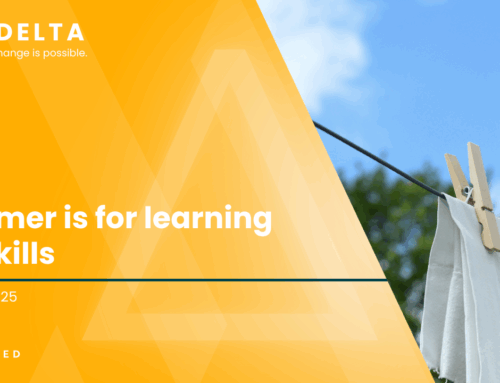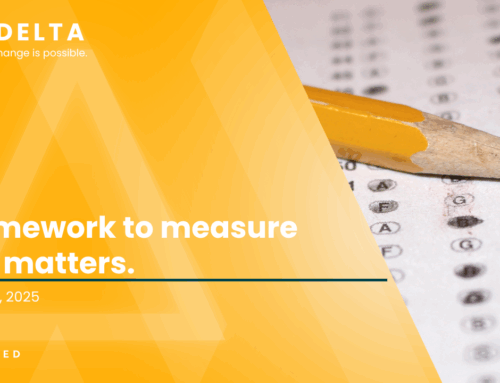The Delta Issue #32
States, make vendors your partners
Hi everyone, Kunjan Narechania here with the final chapter of the Louisiana Story.
[Catch up on Part 1 here, Part 2 here, and Part 3 here.)
Over the last few weeks, we’ve explored how Louisiana started with a strong vision, strengthened K-8 instruction, and built a unified system for early childhood. Today, we’re going to talk about the role vendors played.
When aligned with your academic strategy, vendors can be powerful strategic partners in improving outcomes for kids.
In most states, vendors sell their products and services directly to districts, with little to no coordination with the state. This is a major missed opportunity because vendors do something that most education agencies just don’t have the capacity to do: visit schools regularly and see what’s happening in classrooms.
In Louisiana, our state education agency was small but resourceful. We knew we couldn’t be in every classroom ourselves, so we developed a new strategy: select high-quality vendors who could serve as our partners on the ground. That strategy served two purposes. 1) Helping districts choose great partners, and 2) enhancing our view into what was happening in classrooms so we could measure and improve our approach in real time. As just one example, if you want to know whether kids are reading and discussing grade-level texts in class, you can have vendors collect that data — it doesn’t have to be collected by the state.
Here’s how we gained buy-in from vendors, and how you can do it, too.
Make the Right Choice the Easy Choice: Curate the Marketplace
If you don’t ask the right questions, every answer feels wrong. – Ani DiFranco
When states set a thoughtful rubric for evaluating vendors and curate lists of high-quality curricula and professional learning providers, they make the right choice the easy choice for districts. Our team in Louisiana curated the vendors offering high-quality products and services, making it clear which vendors were aligned with the state’s educational goals.
We started by looking at the challenges districts were facing and asked: What kind of help do they need, and who’s best positioned to provide it? From there, we built targeted vendor lists to meet needs, such as this Special Education Direct Service Vendor Guide, which gave districts a list of certified providers equipped to deliver direct services to students with disabilities.
After building these lists, we created incentives for districts to use them. We subsidized the cost if districts chose vendors from the list, offered free sessions from approved vendors at the annual Teacher Leader Summit (attended by 7000+ educators), and made it easy for districts to connect directly with partners doing the best work.
One Band, One Song: Treat Vendors Like Implementation Partners at Scale
Material change doesn’t happen overnight when a policy passes. It only happens when every adult in the implementation chain — from the statehouse down to the student — changes their actions. Vendors both plug into the chain as actors and help measure the chain to help strengthen implementation on the ground.

The vendors on Louisiana’s list aligned their work to our state strategy — what we called “one band, one song.” If your goal is strong curriculum implementation, your vendors should be helping you get there. Our vendors joined site visits, sat in on planning calls, flagged issues early, and worked alongside us to troubleshoot in real time. We had standing calls, group texts, and quarterly check-ins where we’d ask, “What are you seeing? Are we seeing the same thing?”
Because of that collaboration, they understood the full academic strategy, often as well as our district staff and played an important role in instructional improvement.
There Before You, There After You: Vendors Have the Power of Continuity.
Many vendors stay embedded in schools across multiple administrations. There’s often leadership turnover at the state or district level, but vendors provide continuity. In Louisiana, that consistency showed up in results. While many factors contributed to Louisiana’s NAEP success, vendors played a key role, advancing the work on the ground year after year.
Let’s Get Muddy
Districts and states, what makes a vendor a good partner to you? And vendors, what makes a state or district a good partner?
🔗 Resources & Further Reading:
- Rivet Education ‘s Professional Learning Partner Guide Application Rubric: https://riveteducation.org/plpg-rubric/
- Louisiana Department of Education ‘s vendor guide: https://ldoe.canopyed.com/guide
Special thanks to Kristi-Jo Preston for contributing to this newsletter.





